Planning for a wedding can be overwhelming and the task of finding the perfect venue can seem like an impossible one. With so many options, how do you narrow down your search? This blog will provide guidance on how to make the right choice when selecting your wedding venue, including tips on how to save time and money while still getting the perfect venue. Read on to learn more!
Contents
Calculate your wedding budget
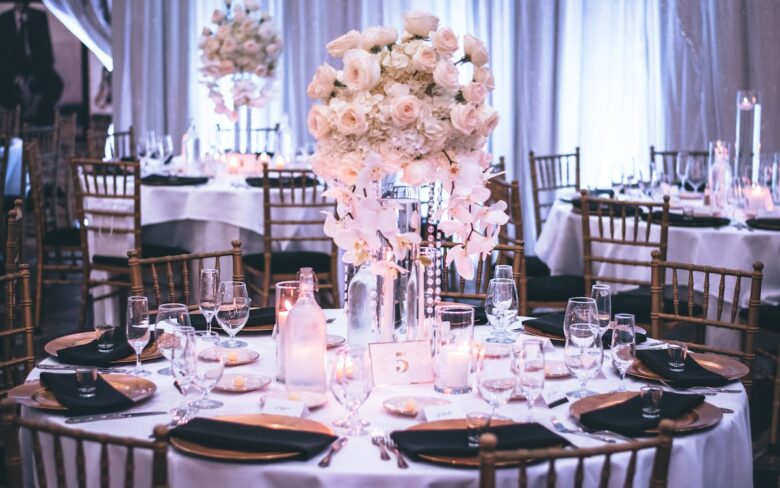
source:pexels.com
The first step in any wedding planning process is to calculate your budget. It’s important to realistically estimate what you can afford. Estimate all expected costs of the day and break them down into categories such as food, drinks, flowers, and photography. Consider any other associated fees with wedding venue booking that you may also need to cover, such as transportation for the wedding party, parking for guests, or tips for vendors.
Your budget should cover all of the necessary items such as venue costs, catering expenses, photography services, attire, and music. You can add more items or reduce their prices if necessary by searching online for vendors who offer discounts or special package deals. Before settling on a number make sure your totals include taxes and gratuities – any additional expenditure may be promptly forgotten but will add up over time.
Finally, it’s important to remember that however much you plan to spend on your wedding day determines how much you will be able to save up in advance before beginning your planning period. Prioritize what is most important in terms of services or products you would like otherwise you may find yourself running out of funds before the completion of the project. Keeping track of your spending along the way and staying within those limits is key to having a truly stress-free wedding day!
Visit the venues and take notes
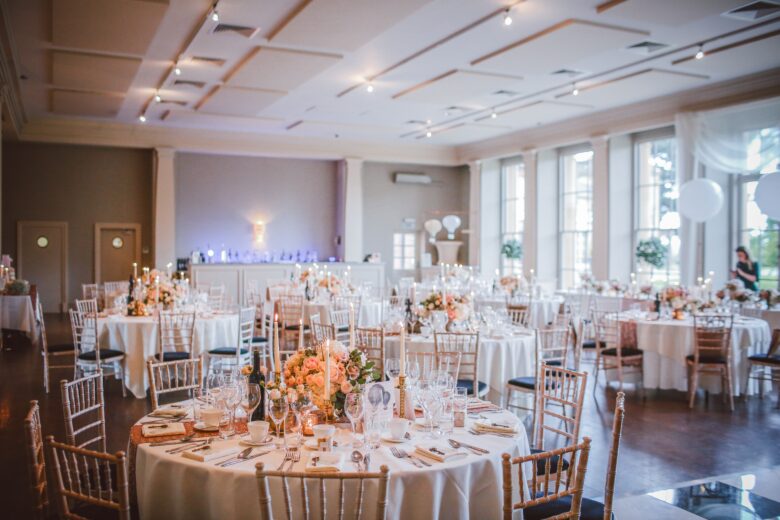
source:unsplash.com
To make sure your wedding venue is the perfect fit for you and your guests, it’s important to visit it in person. Seeing a place online and actually being there can be two different experiences altogether. So, if possible, plan a few days to visit all the venues on your shortlist.
Along with looking at their premises, take note of the following when visiting each potential wedding place:
- Restrictions: Any restrictions on what is/isn’t allowed? Are there any time restrictions such as an AM or PM ceremony?
- Capacity: Make sure that your selected wedding ceremony and reception space can comfortably accommodate all your expected guests.
- Catering arrangements: Check what food/drink options they offer and what culinary services their in-house catering staff can provide (such as sit-down meals).
- Parking facilities: Make sure there are enough parking spots available for those visiting by car.
- Hiring options: Does the venue provide any other necessary items such as chairs and tables that you may need to hire?
- Availability of audio/video equipment: If required, make sure that audiovisual equipment is provided by the chosen venue. Ask them about any additional costs too.
Compare the prices
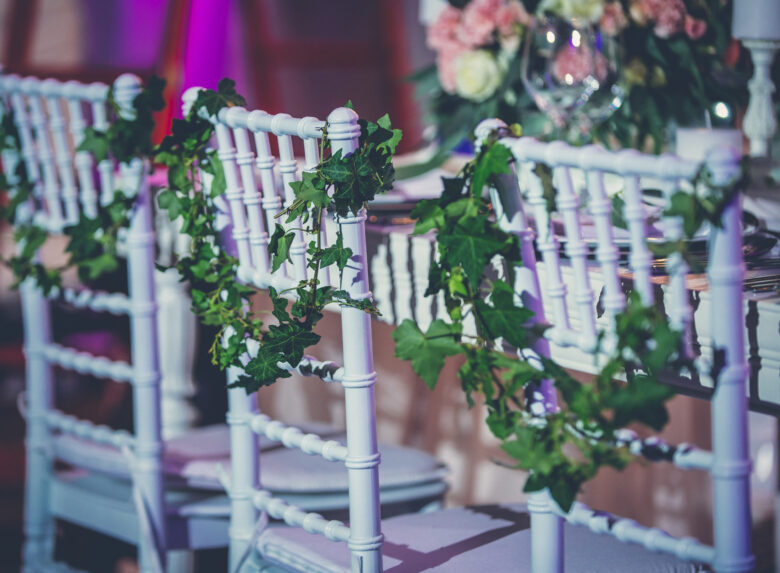
source:freepik.com
Take the time to sit down and review the details provided in each venue’s price quote so you can compare them effectively. This will help you see which price is the most competitive while factoring in any additional services or fees a venue might offer.
When looking at a base fee, get an understanding of what’s included in that fee, as well as any taxes and service fees that could potentially be added on top later. Keep an eye out for discounts and bonus offers, such as free tables or chairs if you book within a certain timeframe. Determine how deposits work and when they’re due so you can account for them in your budgeting.
Additional costs can include:
- Gratuity for staff
- Corkage fees if you plan on providing alcohol from an outside source
- Guest meal costs – make sure to look for extras like buffet options or premium packages if these are available –
- Rental fees for items such as sound systems and decorations
- Additional transport costs (which could also include catering transport)
- Insurance policies are required by some venues.
Finally, review cancellation policies carefully so that if something comes up unexpectedly and affects your event date(s) or size number(s), you won’t be held responsible financially.
Compare the availability
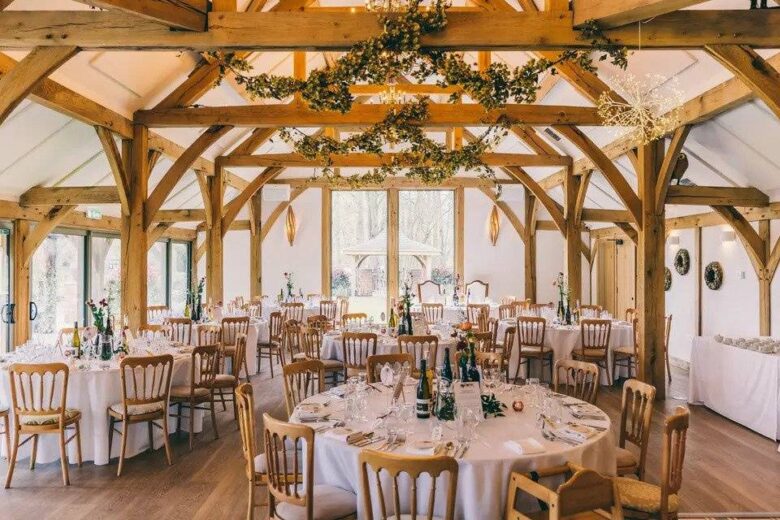
source:hitched.co
A great way to compare the availability of different venues is by creating a chart that lists every venue you’re considering, as well as their availability. Make sure you list out exactly what that means for each venue; for example, if they are typically only available on Fridays and Sundays, this needs to be specified so that you don’t accidentally book them for a Saturday wedding!
You will also want to take into account whether or not a certain venue has exclusive vendors which need to be used (such as catering or DJs). When comparing venues in terms of availability, it’s important to consider both the flexibility of the day/date selection and any potential exclusive vendor requirements in order to make an informed decision on which venue best suits your needs.
Read the contract carefully
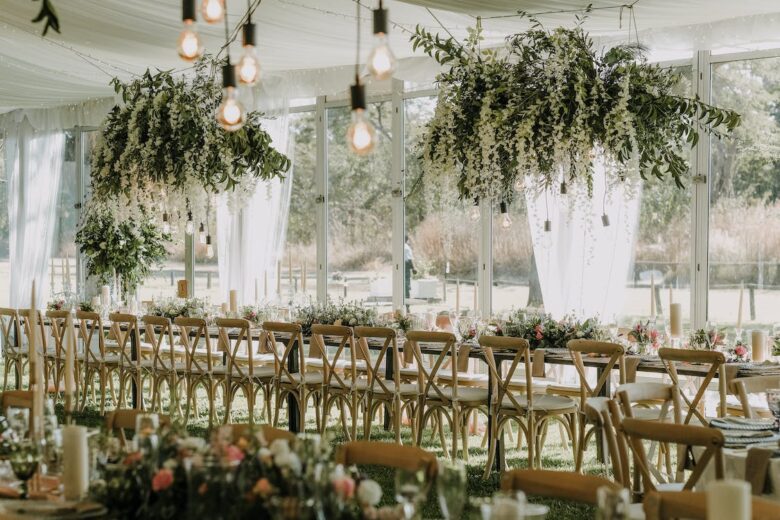
source:pexels.com
Before you decide to choose a wedding venue, it is important to ensure that all the terms of the contract are understood. Read through the details carefully, and take some time to consider all the potential costs associated with your chosen venue. This can include security costs, catering fees, and payment policies – don’t miss out on any hidden costs!
You should also find out when you must make the final payment by, what type of deposits are required, and whether they are refundable. Additionally, you will want to check whether any alterations made to an agreement will result in additional charges. If a venue requires a certain in-house catering provider or use of specific vendors, these should be written into the contract as well. Asking about pertinent details such as insurance for your rented space is important too.
By reading through every detail of your venue contract carefully before making any decisions or commitments, you can save yourself from potential surprises down the line.
Conclusion
Choosing the right wedding venue is a process, but with these tips and tricks, it doesn’t have to be an overwhelming one. Take your time, do your research, and consider all of the possibilities. Once you’ve narrowed down your search, you’ll be able to make an informed decision that will ensure your special day is perfect from start to finish. Good luck!
